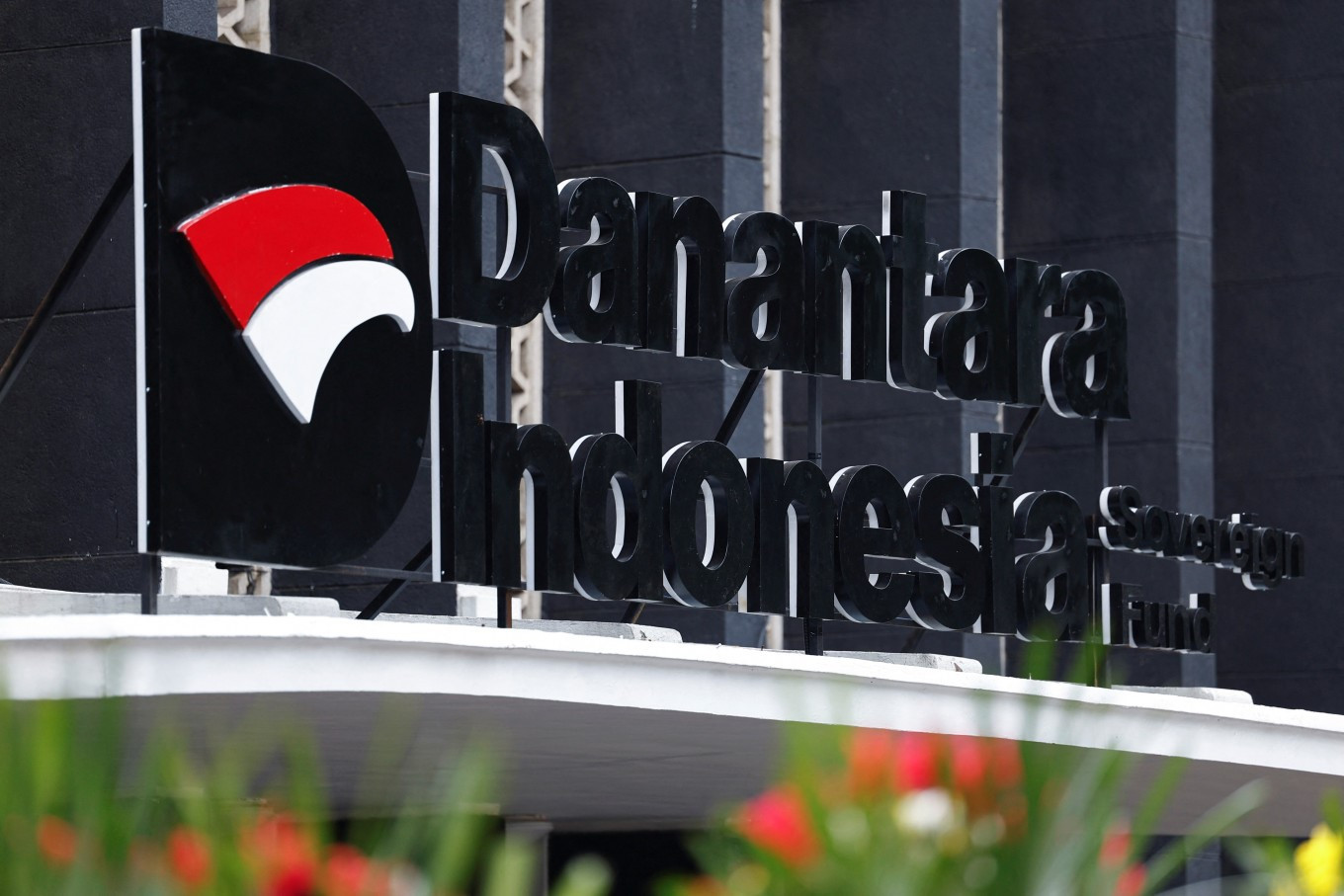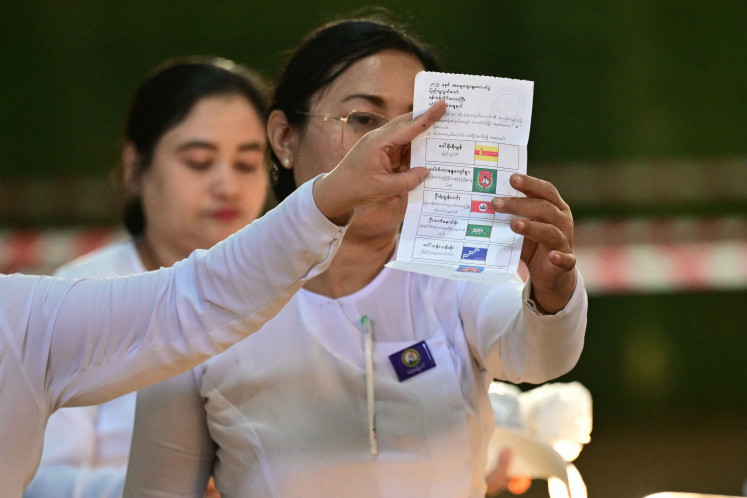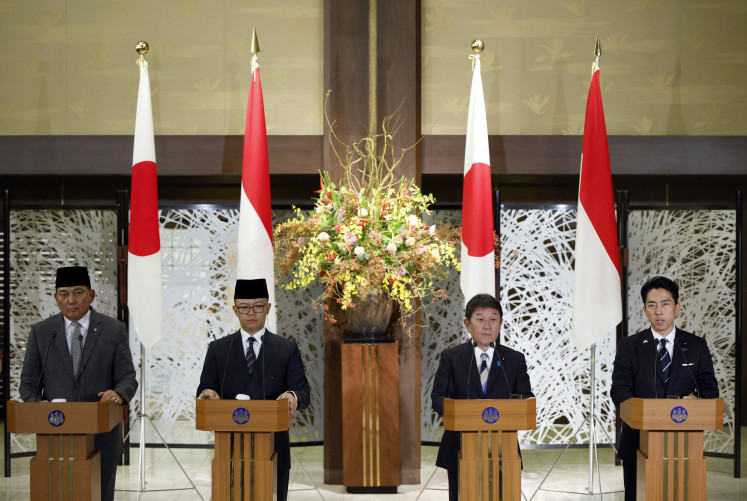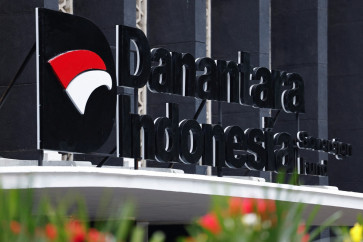Popular Reads
Top Results
Can't find what you're looking for?
View all search resultsPopular Reads
Top Results
Can't find what you're looking for?
View all search resultsDanantara devoid of good governance and transparency
Instead of standing as an economic fortress for the nation, Danantara increasingly resembles a sovereign weak fund: fragile, unfocused and potentially a fiscal burden in the years ahead.
Change text size
Gift Premium Articles
to Anyone
A
sovereign wealth fund (SWF) is essentially established to manage a nation’s wealth professionally, create long-term value and serve as a stabilizing anchor for fiscal policy in the face of global turbulence. Its function is clear: to act as a liquidity provider capable of securitizing strategic assets, expanding global portfolios and delivering sustainable returns for the people.
Yet the reality displayed by Danantara, which was established in early 2025, runs contrary to these fundamental principles. Instead of standing as an economic fortress for the nation, Danantara increasingly resembles a sovereign weak fund: fragile, unfocused and potentially a fiscal burden in the years ahead.
Danantara’s investment policy demonstrates a lack of clear direction. Rather than channelling capital into strategic sectors or global instruments capable of yielding long-term returns, Danantara has placed funds into loss-making state-owned enterprises, such as flag-carrier Garuda Indonesia. This action appears less like a sound investment and more like a bailout. The public is right to ask whether it was created merely to serve as a rescue fund for failing state enterprises or whether it should stand as a steward of national wealth oriented toward the future.
The situation is further aggravated by the issuance of so-called patriot bonds, wrapped in the rhetoric of nationalism. In substance, these are nothing more than low-yield debt instruments targeting major business conglomerates, not productive investments. Cloaking debt in the language of patriotism is misleading, and worse, it makes the public the unwilling sponsor of elite lifestyles without reaping proportional benefits.
Another irony surfaced when Danantara sent 36 SOE directors to Switzerland for executive training. Is the function of an SWF to manage the people’s wealth or to train executives? While leadership training is important, transforming an SWF into a prestigious overseas training institution is a clear departure from its mandate. Even more troubling, this policy risks eroding the directors’ sense of local entity, as leaders who should remain sensitive to domestic realities are instead distanced from them. At this point, the people once again are positioned as sponsors of elite bureaucratic and corporate lifestyles, while real problems on the ground remain unresolved.
An equally alarming phenomenon is the resignation of the CEO of state-owned agriculture company PT Agrinas Pangan Nusantara early in August, underscoring Danantara’s lack of a sense of crisis. At a time when the world faces looming threats of food insecurity, the SWF should have been at the forefront of strengthening national resilience. Yet in reality, Agrinas was abandoned, suffocated by rigid bureaucracy and the absence of clear strategic direction from its parent.
This is a serious warning sign: if an SWF is blind to the urgency of food security, then its role as a manager of strategic national wealth must be fundamentally questioned.



















